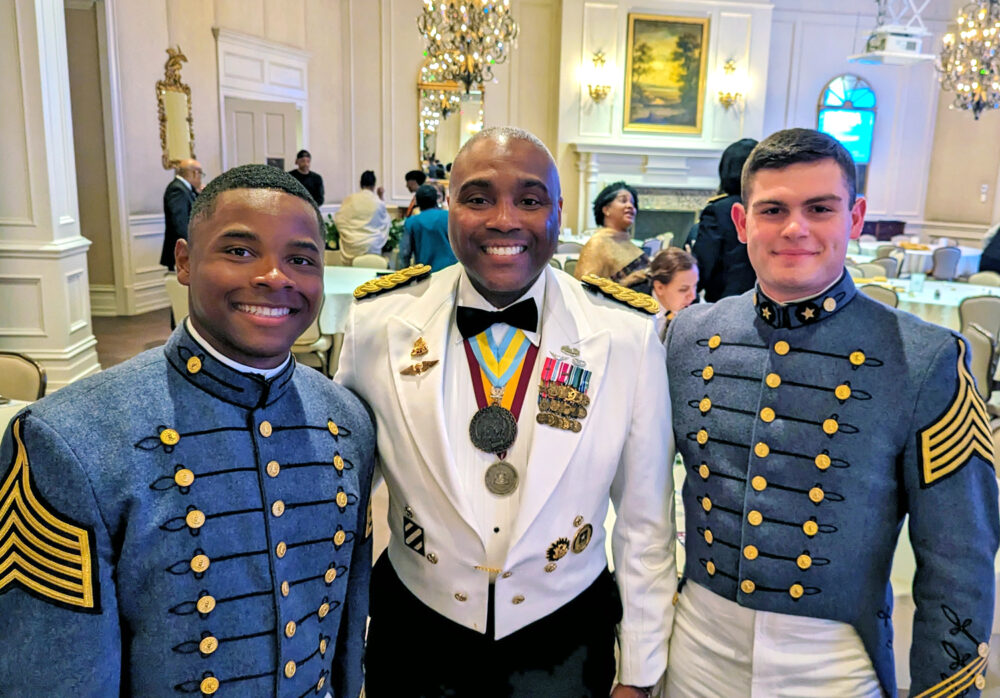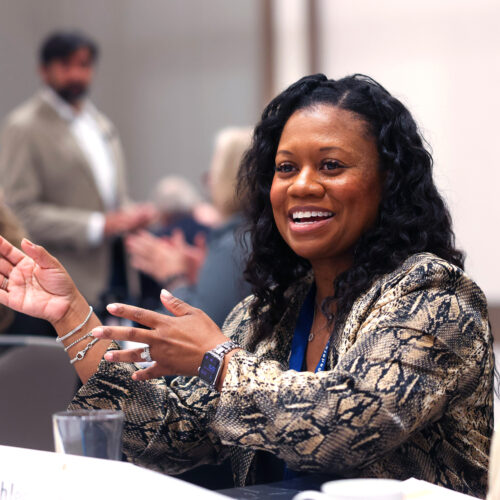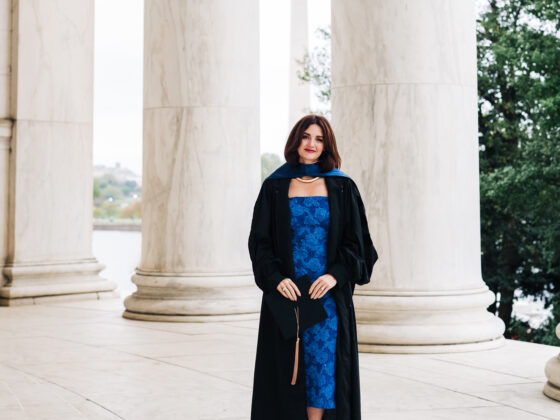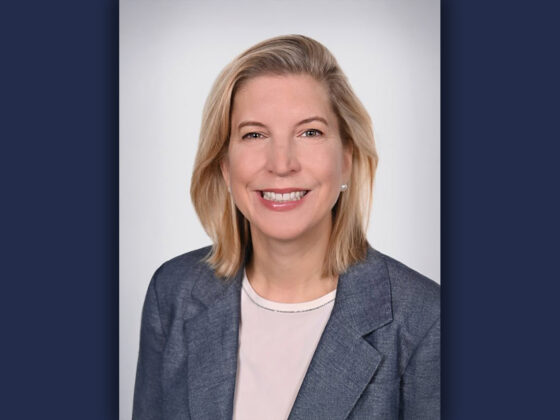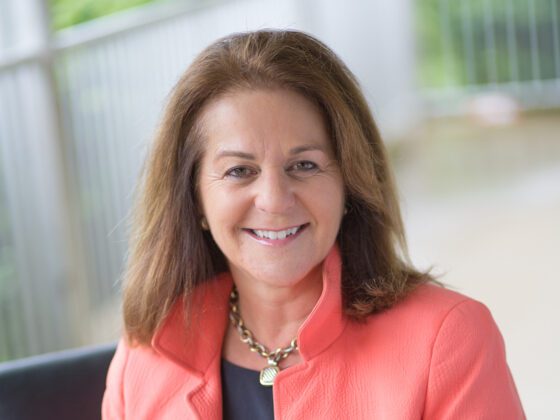For E. Sean Lanier (TEP ’25), leadership isn’t just about today—it’s about shaping tomorrow. As the Founder and Executive Director of Resolve Solutions Incorporated, a Virginia-based nonprofit, Lanier has dedicated his career to preparing underrepresented students for college and careers in public service, military leadership and beyond.
Sean was one of the 2024 recipients of the Commonwealth Fellowship for Darden Executive Education and Lifelong Learning’s The Executive Program (TEP), a program designed to challenge, stretch and empower leaders at the highest levels. Now a proud TEP graduate, he’s channeling those insights into Resolve Solutions—scaling its impact, rethinking strategy and building a legacy for future generations.
What was the TEP learning experience like for you?
As someone with dyslexia, TEP’s case study method was a game-changer. I approached every case multiple ways: reading it, using AI to help with summaries, diving into it with my peers and then having our assumptions challenged by the professors. That kind of layered learning was powerful—it allowed me to absorb information from different angles and truly internalize it.
Were there moments of impact that stuck with you?
Going into TEP, I didn’t expect fields like AI, fintech and emerging markets to relate so directly to my work in the nonprofit sector. However, since TEP, I’ve begun applying insights from those areas to make Resolve Solutions more effective and efficient. We’ve used AI tools to reduce redundancy in staff operations, revamped our mentorship strategy and started thinking more broadly about innovation as a driver for social good.
How did the nonprofit and for-profit perspectives contribute to the overall experience?
One thing I wanted to bring to TEP was the perspective of leading a nonprofit under financial constraints. There’s sometimes a perception that nonprofits are all heart and no strategy. But we’re often the ones operating tactically, operationally and strategically—all at the same time—with fewer resources. I think sharing that point of view helped my cohort see how nonprofit leaders innovate not in spite of limitations, but because of them.
On the flip side, I learned so much from my peers in the for-profit world—COOs, CFOs, and others in executive roles. Hearing their experiences helped me think differently about how to scale what we do at Resolve. I picked up new frameworks for managing growth, streamlining system, and evaluating partnerships. These tools have already influenced how I’m approaching our next phase of development.
Become the Leader You’d Follow
The Executive Program (TEP) focuses on the whole leader, integrating immersive experiences with enterprise-wide, global perspectives.
How has TEP impacted your own personal habits?
I think it was a reinforcement for me in the energy management and wellness space that I was on the right path. I came into the program recovering from neck surgery and had a wellness plan—TEP gave me the confidence to stay the course. Conversations with faculty like Jodi Harris reminded me that self-care isn’t selfish, it’s strategic. Leading others means modeling what it looks like to prioritize health and energy.
How are you implementing your TEP insights moving forward?
TEP prompted me to get serious about succession. I’m 53 now, and while I’m not stepping away anytime soon, I know that building long-term impact means preparing the next generation. I’ve started investing in our up-and-coming leaders, giving them opportunities to grow so the organization can thrive well beyond me.
Strategically, I’m focused on four big levers: strategic positioning, brand positioning, digital transformation and AI. TEP helped me better understand how fintech, venture capital, social entrepreneurship and government collaboration work—and how we can use that knowledge to shape our own narrative.
What sets TEP apart?
I’ve done other executive education programs, but none compared to TEP. The energy and passion the professors brought to each session, the depth of the case studies, the way the material built on itself—it all felt intentional and impactful. Every session had a takeaway I could apply immediately.
Most importantly, the program affirmed that what we’re doing at Resolve Solutions matters. It gave me a renewed sense of purpose and a powerful call to action: to continue doing the work, and to bring more stakeholders along with us. Because when we align our resources, vision and values, we create a better future.

